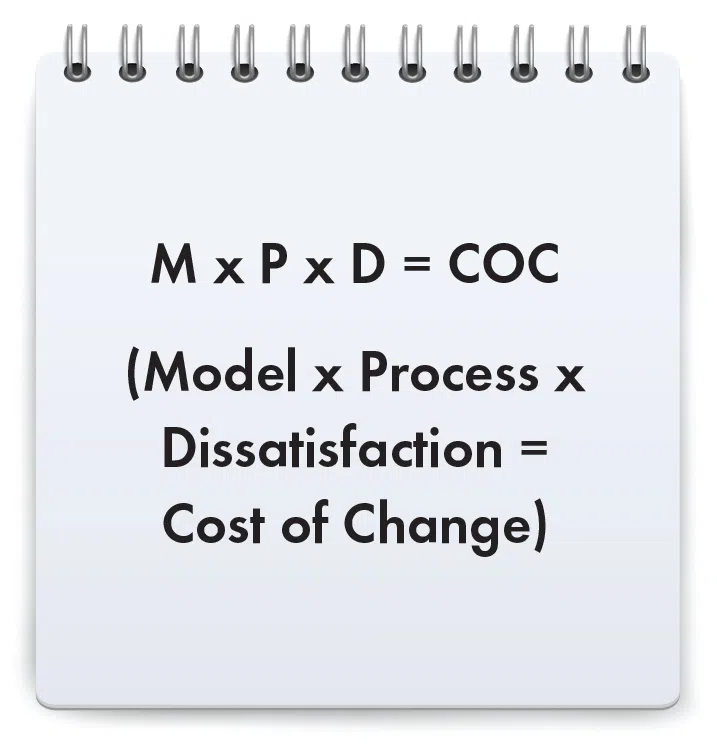If you are successful with your residential retail company you can be successful with your commercial program. The same principles of practicing a retail mentality with proper customer relations, customer convenience and responsiveness apply in light commercial. You are simply dealing with a business owner or manager rather than a homeowner. As a contractor I thoroughly enjoyed this segment of our business.
There is no consensus on the definition of light commercial. I consider it to be 20 tons or less in the size of any one piece of equipment, although there can be any number of systems, air cooled direct expansion split or package units. In fact, it is certainly not unusual for a business, particularly smaller ones, to be served by a residential single-phase piece of equipment. A service technician that is experienced with servicing and maintaining residential systems certainly can, with proper additional training, service and maintain light commercial
systems. It’s not that complicated if you understand some behavioral differences between residential and commercial customers.
First, many contractors would say that commercial customers are “more sophisticated” buyers. Residential customers generally make quick or fairly quick emotional buying decisions; however, commercial customers tend to make slower more logical decisions. Their thought process is different and they collect data before making decisions. A good example is service agreements. Residential customers usually decide during the presentation and within a few minutes whether to invest in the product. Three months later they may not know for sure what they invested in, how much they paid or where they filed the document. This is not true with commercial customers.
Commercial business owners often have to consult with partners or other company executives. In many cases the manager of a business is not the owner and cannot make certain decisions, but must furnish information to the owner or owners who may be located in a different area of the country or world. If the commercial customer is a tenant they may have to consult with the landlord.
Second, businesses are more likely to be constrained by budgets. It is not unusual for the manager to seek competitive prices. He or she may even be
required by the owner to do so.
Third, although commercial customers may be diligent and slow in making certain decisions, you can be certain they are not slow in recognizing when they have an emergency service problem.
If Mr. and Mrs. Jones’ air conditioner quits working late this afternoon they can, although they won’t enjoy it, wait until tomorrow. With many businesses that is not true. Business interruption is a business’s worst fear. Business interruption certainly occurs when the air conditioning and heating system quits working. Customers will walk out of the establishment, potential customers will not come in and, even worse, both groups will tell their friends, relatives and others of the unpleasant experience.
A landlord’s greatest fear is loss of a tenant. A poor performing air conditioning and heating system that results in equipment breakdowns or an unsatisfactory indoor environment is the single greatest cause of dissatisfied tenants and the number one reason they move.
So, not only is the business negatively affected at the time of the problem, it is affected in the future. The business has lost revenues, customers and future customers. Your company’s ability to respond to a business’s emergency service needs is critical.
If you don’t have a commercial service and service agreement program, the first step is getting your service agreement program in place. For contractors who already perform commercial service, the objective should be growing their service agreement customer base. You will increase your revenues and profits through service agreements, demand and/or emergency services, accessory sales and replacement equipment.
The program does not need to be complicated. It should be basic, manageable and easily understood by all parties. The program I advocate is offering one standard service agreement – a preventive maintenance agreement with little contingent risk by your company. Having additional service agreement products, such as guaranteed labor agreements and guaranteed full maintenance agreements is an example of complicating the program. The pricing strategy should be basic, easy to calculate and easily understood.
Your service agreement document (the form signed by the customer and company representative) should be clear and without a lot of exceptions and conditions. Our document does not state an agreement expiration date, meaning we have no renewals to process. Most contractors seem to offer annually renewable commercial service agreements. Aside from the time, energy and administrative burden, those contractors are simply encouraging their customers to reconsider whether they wish to continue the service. This unnecessary annual process results in losing some customers. With our service agreement we only need to present a new service agreement when it is time for a price adjustment or if a change is made in the covered equipment.
There are a number of benefits for the customer, co-workers and the company as a whole that come from instituting a commercial service and service agreement program. In fact, there are 15 customer benefits alone! Check our download center for the entire list!
In the next article I’ll discuss the sales lead sources for commercial service agreements. There are 16 of them!



.webp)
